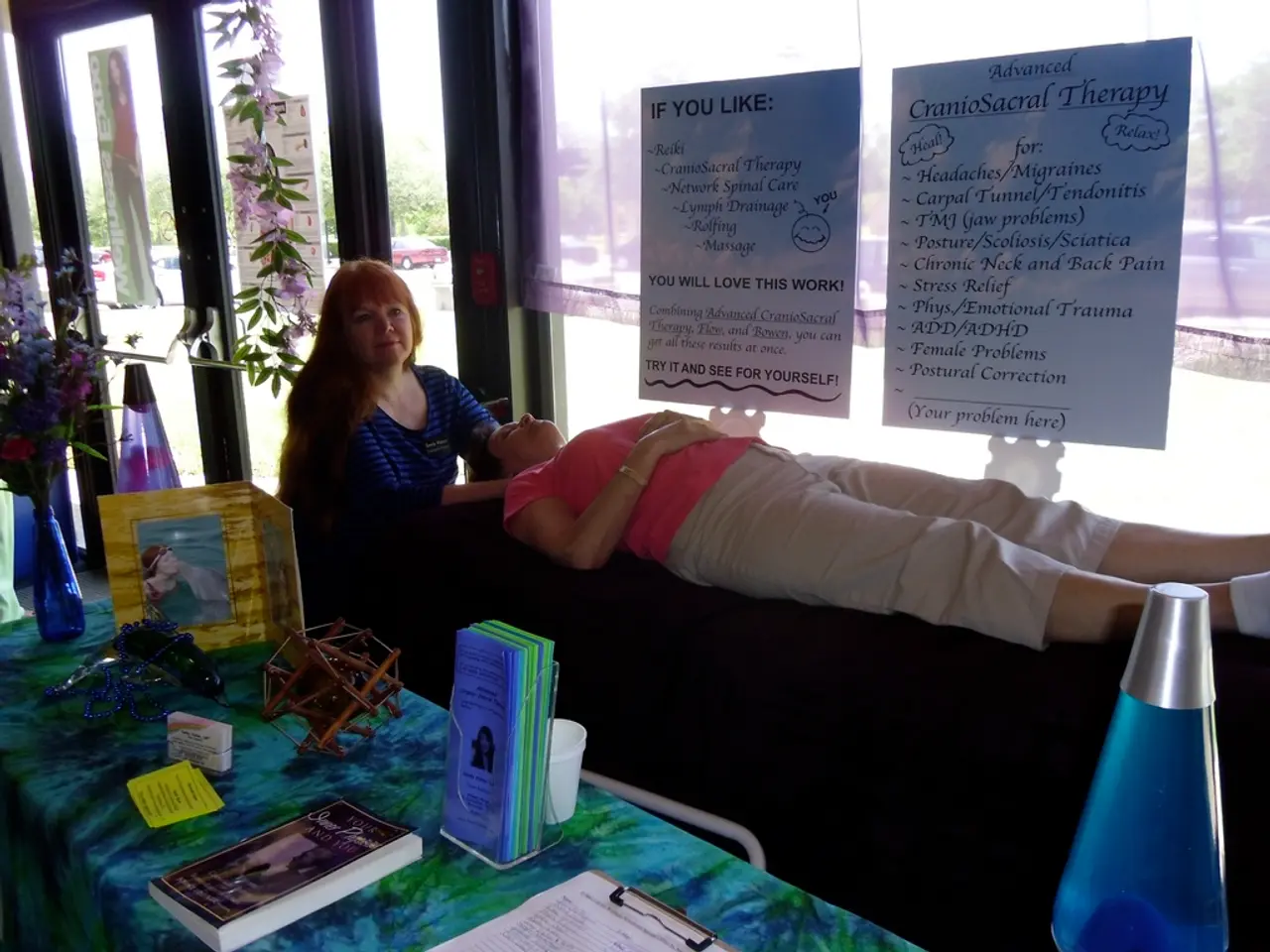"Exploration of Why Comparison Leads to Unhappiness and the Elements of True Happiness"
In a thought-provoking lecture held at Pforzheim University's Walter-Witzemann hall, Professor Hanno Beck delved into the fascinating world of happiness research. The talk, titled "Happiness - what really matters in life", attracted an impressive audience of around 400 attendees on site, with another 1000 tuning in online.
Professor Beck started by discussing the concept of a "hedonometer", a term first coined by Jeremy Bentham in the 18th century. Today, this term is used to refer to our phones, as each person carries one with them, according to Professor Beck. Bentham, considered the founder of happiness research, proposed the idea of a hedonometer as an instrument for measuring happiness.
Modern science has since distinguished between two types of happiness: hedonia, which refers to brief fleeting moments of happiness, and eudaimonia, subjective inner assessments of satisfaction. Interestingly, the lecture began 10 minutes late due to a high visitor turnout, demonstrating the appeal of the topic.
One of the key takeaways from the lecture was the importance of avoiding buying on credit, if possible, as it can help reduce stress and increase satisfaction. Another method to increase satisfaction is the Dakeschön exercise, a technique that encourages individuals to focus on their strengths and positive experiences.
Seeing friends more often and buying experiences instead of things were also highlighted as contributors to satisfaction. However, marriage was found to often lead to a significant decrease in couples' happiness levels. This could be due to the challenges that come with maintaining a long-term relationship, or the comparison effect that may arise when comparing one's own life to the perceived ideal of married life.
The lecture also touched upon the role of social media in happiness. Frequently distributing likes and updating profile pictures across various platforms may be a sign of unhappiness, as it could indicate a desire for validation or approval from others.
Researchers have developed innovative methods to measure happiness levels, such as assigning words to a scale on Twitter, with one representing expressions associated with unhappiness and ten representing happiness. Questionnaires and interviews are also used, although different results can be obtained due to various factors.
Lastly, the lecture emphasised the importance of embracing hedonic adaptation, or the habituation effect, to increase satisfaction. Putting down the smartphone more often was also suggested as a way to boost happiness levels.
In conclusion, the lecture provided valuable insights into the complex and multifaceted nature of happiness, offering practical tips for individuals to increase their own satisfaction levels. The lecture served as a reminder that happiness is not just about momentary pleasures, but also about long-term inner assessments of satisfaction.
[1] For more information on the hedonometer and its applications, please refer to the research by Peter Sheridan Dodds and Chris Danforth.
- To enhance personal growth and foster a more fulfilling lifestyle, one might consider the advice given in Professor Hanno Beck's lecture, such as avoiding buying on credit, focusing on strengths and positive experiences, and limiting social media use.
- In line with education-and-self-development, understanding the difference between hedonism and eudaimonia can help individuals strive for long-term inner satisfaction, as proposed by Professor Beck during his lecture on happiness at Pforzheim University.




